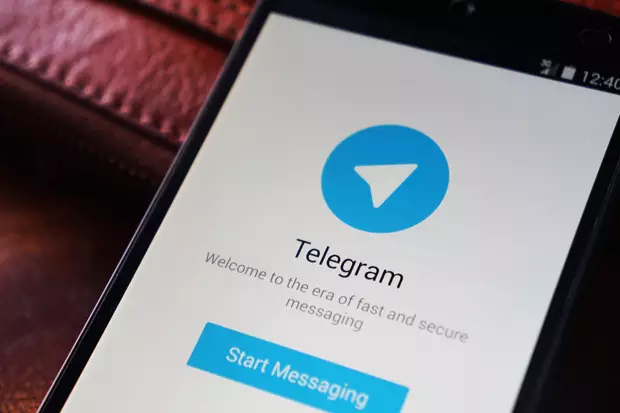
Telegram blocking by the Government through Kominfo raises pros and cons in society. The government is grounded in telegrams widely used for the propaganda of terrorism and radicalism. In his statement Wednesday (19/7), cyber security expert Persatha Persadha explained that it is better before the blocking done there is socialization in advance, so as not to confuse the community. In addition, according to him, with this momentum the government became more aware of the importance of building local applications more seriously. "Blocking for the sake of state security should not forget the interests of the community, therefore there needs to be a lag time with socialization. Telegram users are millions, pretty much though not as much as Whatsapp, BBM and Line, but I think the effect persists, especially to those who use it for business, "explained the former official of this State Sandi Institute. Added by him, telegram is like any other application can be for positive or negative. But it should indeed telegram still follow the rules that exist in the ground water, especially when it comes to state security. Blocking of DNS (Domain Name System) itself effectively done since Monday (17/7), although since it was announced Friday (14/7) and some direct providers blocked. This blocking is temporarily targeted on web-based telegram, while apps can still be used. "In telegram we can use the secret chat feature that was allegedly used by terrorists to communicate. Conversation on the secret chat feature is not accessible, even by telegram though, "explained chairman of CISSReC security research institute (Communication and Information System Security Research Center). Pratama suspects another feature in the telegram channel is widely used terrorism propaganda, especially the ISIS movement. Telegram itself has received many reports and they have blocked more than 3,500 channels associated with ISIS and will continue to grow. Therefore, the dialogue between the government and the telegram is needed to equalize the vision of eradicating terror in the country. "With this telegram blocking case the government should be able to start building local instant messaging applications that are easy to use and familiar with Indonesian customs. Do not until 10-20 years Indonesian people even add dependence on external applications, "said the man from Cepu Central Java. According to Pratt, this is an important lesson for the government to force Over The Top (OTT) service providers such as Facebook, Instagram, Twitter, Whatsapp and Google to follow regulations in the country. "In general, communication between government and OTT service providers is not always about security, but also related to business models, taxes and most importantly whether to absorb local labor. Do not we just become their commodities, "he said. Pratama explained China's unequivocal steps can be imitated, providing an alternative local social media. The result is clear, the Chinese government can easily reject Google and Facebook, because it is reluctant to follow the regulations in the country bamboo curtain. But certainly difficult to imitate what China is doing, because in addition to being a democracy, Indonesia is also not ready with alternative applications for social media and applications that are capable instant messaging.